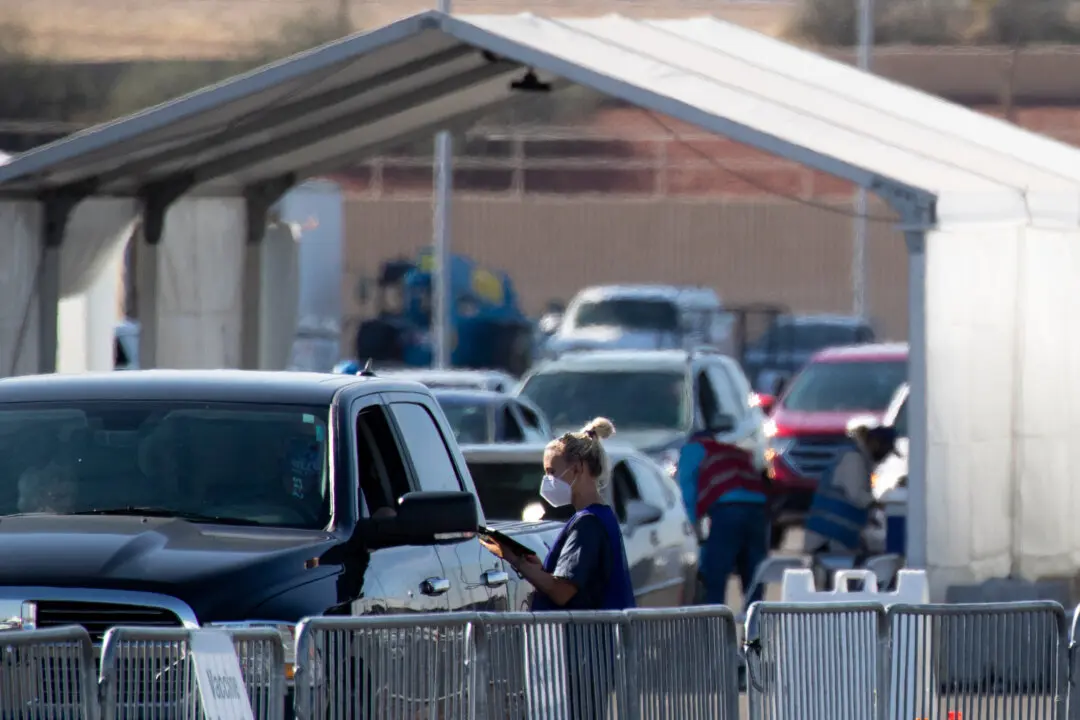A defamation case against The New York Times and one of its former journalists is moving to discovery after a judge rejected the paper’s bid to have the litigation dismissed.
Though most of the complaint was thrown out, businesswoman Ariadna Jacob provided sufficient evidence to survive the motion to dismiss regarding a statement that claimed she had leaked nude photographs, U.S. District Judge Edgardo Ramos ruled.





